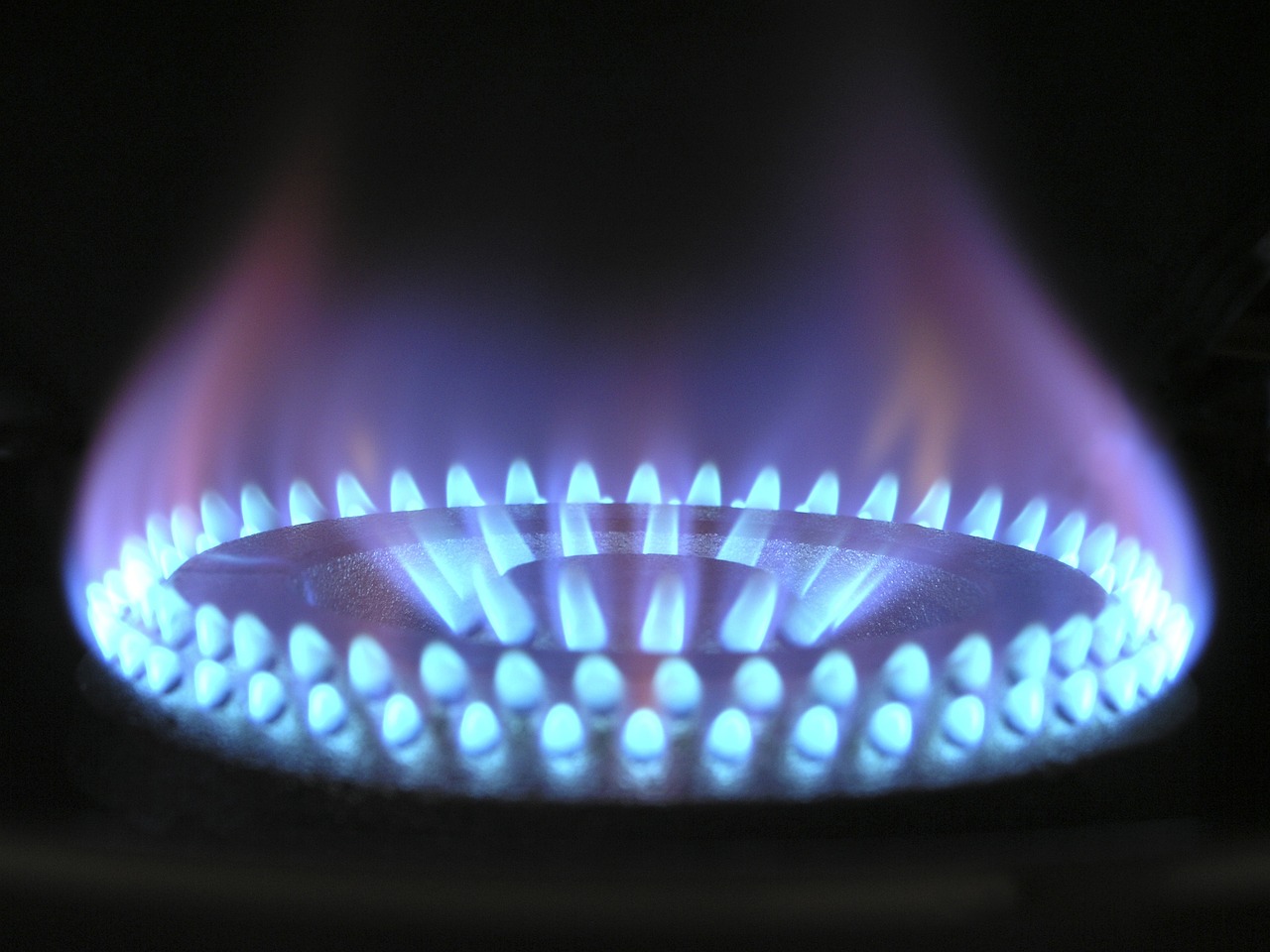Which type fits your needs and budget?
[ad_1]
It is a popular choice for homeowners looking to keep their living space warm and cozy during the colder months. These systems provide efficient and reliable heating, making them a cost-effective solution for many homes. Since there are many options available, gas heating system Best suited for your needs and budget. Therefore, in this article, we will take a look at the different types of gas heating systems to help you make an informed decision.
Furnace: The classic choice
Gas ovens have been a common fixture in homes for many years. They are renowned for their reliability and ability to distribute heat evenly throughout the home. Natural gas is burned in a furnace to provide heat and then distributed throughout the duct. The gas furnace’s ability to seamlessly connect with the existing duct system makes installation reasonably simple and is one of the benefits. Modern furnaces also have energy-efficient features such as variable speed blowers that can reduce energy consumption and lower utility bills.
There are different efficiency classes for gas furnaces: Annual Fuel Utilization Efficiency (AFUE). The higher the AFUE rating, the more efficient the conversion of natural gas into heat. High-efficiency furnaces may have higher initial costs, but can provide significant energy cost savings in the long run. So when choosing a gas furnace that fits your needs and budget, it’s worth considering the AFUE rating.
Boilers: efficient and comfortable
If you prefer radiant heat and cozy warmth under your feet, a gas boiler may be the right choice for you. It heats water that is distributed through pipes to radiators or underfloor heating systems to generate heat. Effective heat distribution and zone heating features allow you to regulate the temperature of different parts of your home. Boilers may have a higher initial cost compared to furnaces, but they tend to be more energy efficient, saving you money on heating costs in the long run. Boilers also last longer than furnaces, making them a durable investment.
Therefore, when choosing a gas boiler, consider the size of your home and the number of heating zones you need. A heating technician can help you assess your heating needs and recommend an appropriate boiler capacity. Additionally, proper maintenance, including regular inspection and cleaning, is important to ensure optimal performance and avoid potential problems.
Heat pumps: versatile and green
A heat pump is a versatile option that can provide heating and cooling to your home. It works by extracting heat from the air or ground and transferring it to the room. Electric heat pumps are more common, but gas-powered heat pumps are also available. The latter combines the efficiency of a heat pump with the cost effectiveness of natural gas. However, it is important to note that gas heat pumps can have a higher initial cost and may require professional installation.
When purchasing a gas heating system, there are several options to consider depending on your needs and budget. Furnaces provide a reliable and cost-effective solution, while boilers provide efficient and comfortable radiant heat. On the other hand, heat pumps offer versatility and environmental friendliness. Ultimately, therefore, the choice will depend on factors such as the size of the house, climatic conditions and personal preferences. Therefore, it is recommended that you consult with an expert who can evaluate your specific needs and provide expert advice. By choosing the right gas heating system, you can ensure a warm and comfortable living space while keeping your energy costs under control. So research and evaluate the different options available to you. Consider your heating needs, budget, and the long-term benefits of each system. By making an informed decision, you can enjoy the warmth and comfort of a gas heating system that perfectly suits your needs.
see more
[ad_2]
Source link







